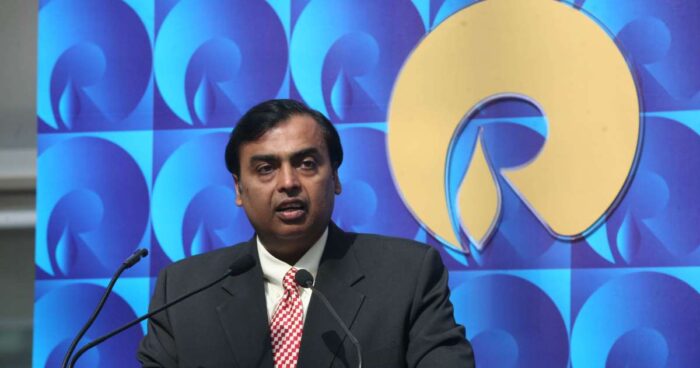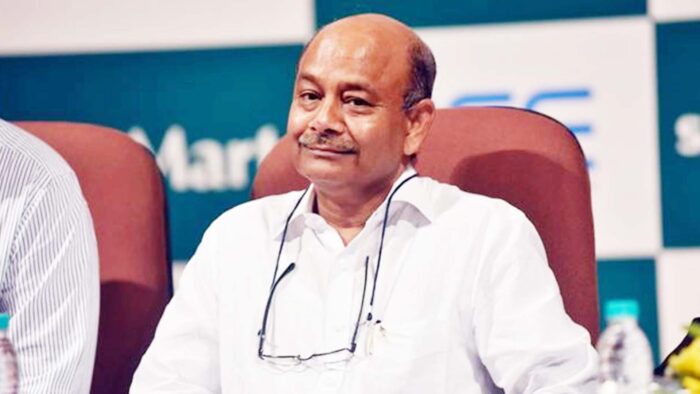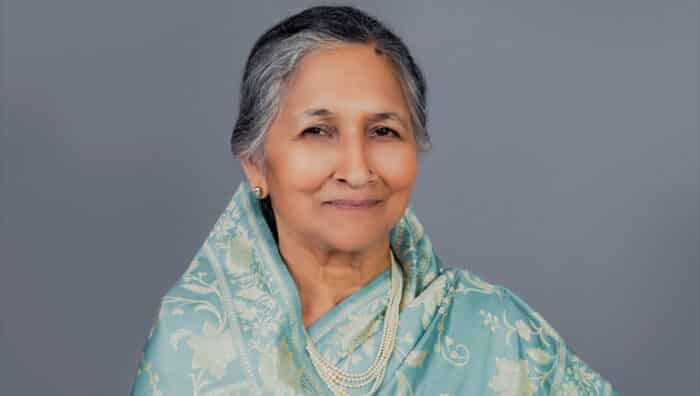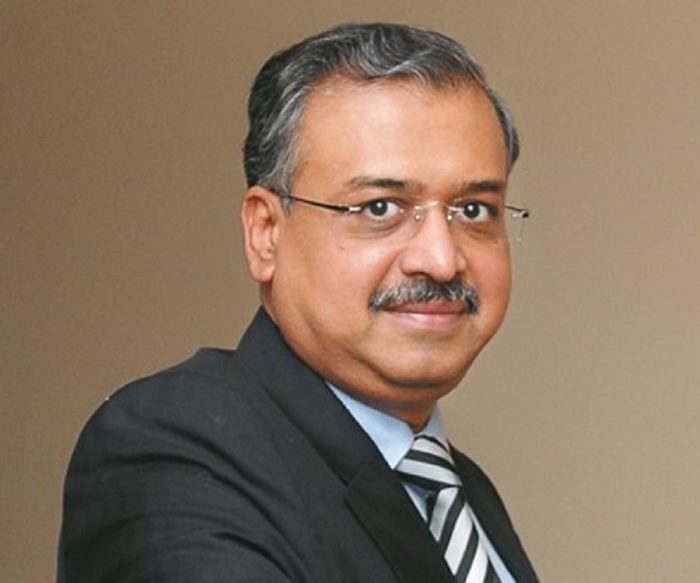The Forbes India’s 100 Richest List of 2022 is out. And the results are startling to say the least.
Here are the top ten richest Indian billionaire names.
Top Ten richest Indians 2022
1. Gautam Adani

The head honcho of the Adani empire, Gautam Adani toppled the top order of the richest Indians this year, since 2008. His wealth tripled in 2021, which also had him being the second richest person in the world for some time.
His net worth is $150 billion.
2. Mukesh Ambani

Chairman and MD of Reliance Industries, he stands second on the list with a net worth of $88 billion.
3. Radhakishan Damani

His company Avenue Supermarts owns the DMart chain of supermarkets. Today there are more than 270 stores in the country.
His net worth is $27.6 billion.
4. Cyrus Poonawalla
[caption id="attachment_14517" align="aligncenter" width="220"] Source
Source
The Serum Institute of India is the world’s largest vaccine manufacturer. And its Chairman Cyrus Poonawalla’s net worth amounts to $21.5 billion, making him the fourth richest man in India.
5. Shiv Nadar

He is credited with being the biggest philanthropist this year. Shiv Nadar, the Chairman of HCL Technologies is worth $21.4 billion and he is the fifth richest Indian, in spite of a decline in wealth of about $9.6 billion.
6. Savitri Jindal
[caption id="attachment_66581" align="aligncenter" width="700"]
Politician and businesswoman Savitri Jindal is the sixth richest Indian, and the first woman billionaire on the list, with a net worth of $16.4 billion.
7. Dilip Sanghvi
[caption id="attachment_14512" align="aligncenter" width="700"]
Founder of pharma giant Sun Pharmaceutical Industries, Dilip Sanghvi’s net worth is around $15.5 billion.
A central board member of the RBI, Dilip Sanghvi is seventh on the list.
8. Hinduja Brothers

The four siblings of the 108-year-old group have interests in 11 sectors ranging from Banking and finance to real estate.
The net worth of the Hinduja Brothers amounts to $15.2 billion, making them the eighth on this rich list for 2022.
9. Kumar Mangalam Birla
[caption id="attachment_14513" align="aligncenter" width="300"] Source
Source
The Chairman and heir of the conglomerate Birla Group, Kumar Mangalam Birla is the ninth richest Indian with a net worth of $15 billion.
10. Bajaj Family

Bajaj Auto is ranked the world’s fourth-largest manufacturer of two and three-wheelers. And its owner, the Bajaj family is the tenth richest in the country, with a net worth of $14.6 billion.
Following Bajaj Family is Bharti Airtel’s Sunil Mittal, Kotak Mahindra’s Uday Kotak, Shapoor Mistry and Family, the Godrej Family, and steel magnate Lakshmi Mittal.
Now let’s check a few interesting facts from the list.
Highlights from the list
1. The cumulative wealth of the Richest 100 in India is $800 billion.
2. Rekha Jhunjhunwala, wife of deceased Rakesh Jhunjhunwala replaced him on the list at number 30.

3. 60 billionaires on the list saw a decline in their wealth, while only 27 saw a rise.
4. For the first time in a decade, Reliance Industries chairman Mukesh Ambani dropped to the second rank, and Lakshmi Mittal is out of the top ten.
5. Vijay Chauhan of Parle saw the biggest leap in ranks from 72 last year to 33 this year. Sanjeev Bikhchandani of Naukri.com saw the steepest drop of 40 ranks to 92nd, this year.

6. 9 women billionaires were featured in the list this year. Similarly, the list saw 9 debutants too.
7. The highest number of billionaires (19) are from the manufacturing sector.
How the list was compiled
This list was compiled using shareholding and financial information obtained from families and individuals, stock exchanges, analysts, and India’s regulatory agencies. It also ranks family fortunes, including those shared among extended families such as the Bajaj and Godrej families.
Public fortunes were calculated based on stock prices and exchange rates as of Sept. 23. Private companies were valued based on similar companies that are publicly traded.
The list can also include foreign citizens with business, residential or other ties to the country, or citizens who don’t reside in the country but have significant business or other ties to the country.
















